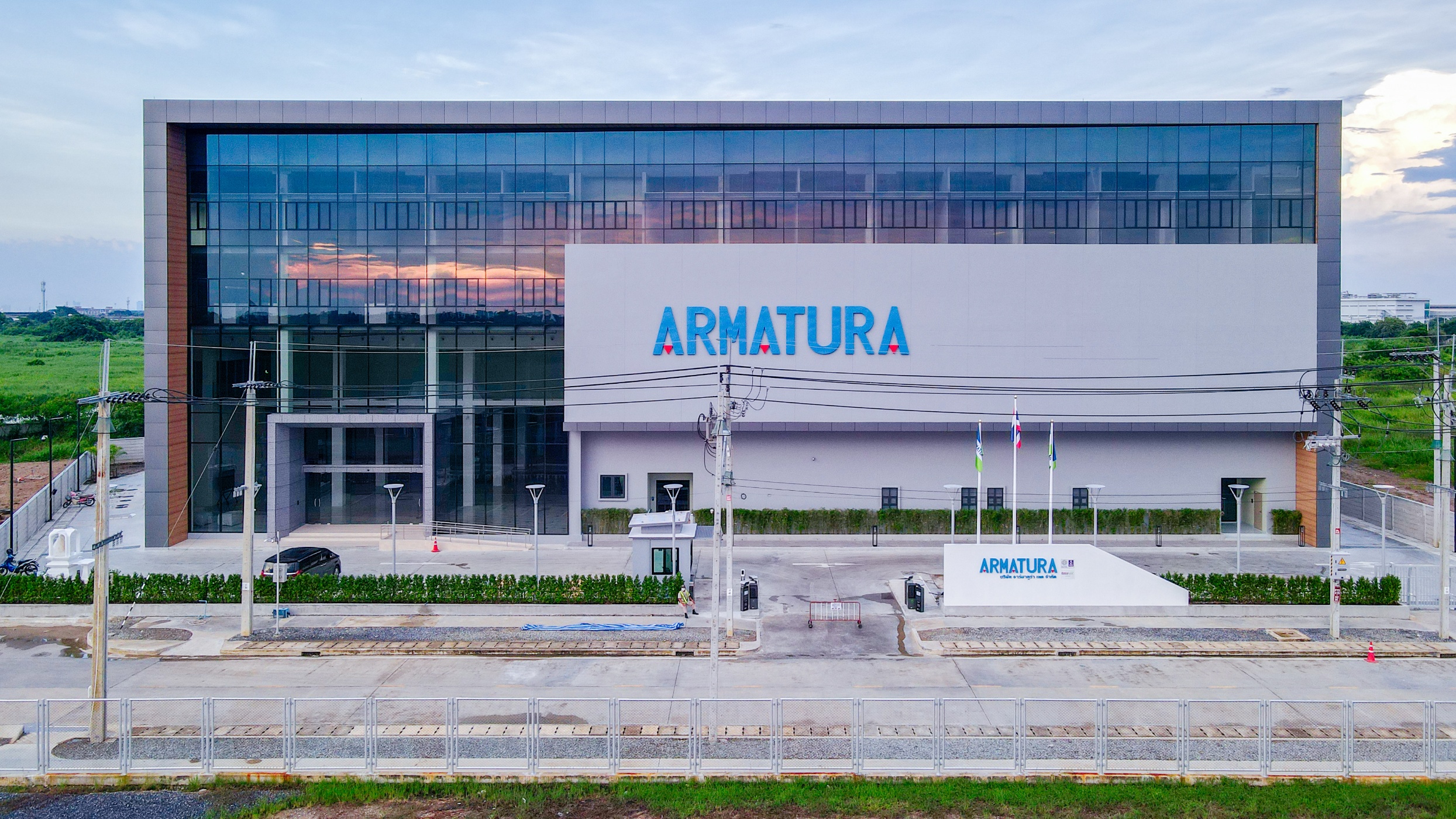Armatura opposes all forms of modern slavery and human trafficking and is committed to ensuring these practices do not occur in any part of our business or supply chain. We recognize that modern slavery is a pervasive global issue, affecting an estimated 50 million people worldwide in 2021. As a provider of security technology solutions, we take seriously our responsibility to prevent exploitation. This statement, for the financial year ending December 31, 2025, outlines Armatura’s efforts and plans to identify and mitigate the risk of modern slavery in our operations and supply chain. It has been prepared in line with global best practices and relevant legislation (such as the UK Modern Slavery Act 2015 and Australia’s Modern Slavery Act 2018) and reflects our commitment to continuous improvement in this critical area.

Future Steps and Commitments
Armatura is committed to building on the foundation laid in 2025 and making ongoing improvements in how we combat modern slavery. In the coming year and beyond, we plan to take the following key steps to enhance our effectiveness and transparency:
• Enhanced Supplier Due Diligence Tools: We will deploy an automated supplier risk assessment tool to streamline the collection and analysis of supplier information. This tool will integrate data from sources like the Global Slavery Index and import/export records to provide a risk score for each supplier. It will also facilitate online questionnaires and certifications, making it easier for suppliers to report their labor practices to us on a regular basis. By automating parts of this process, we hope to increase our coverage to more suppliers and identify high-risk factors more quickly.
• Broader Supplier Engagement: Next year, we intend to broaden our supplier survey and engagement to cover suppliers accounting for at least 90% of our total procurement spend, including contract manufacturers and smaller component providers not reached in the first round. We will also engage certain suppliers beyond tier-1 (for example, encouraging our major contract manufacturers to cascade our questionnaires or Code of Conduct requirements to their own suppliers). This broader net will improve our supply chain transparency. Our goal is to have a more complete map of our supply chain, identifying any hotspots of risk that require attention.
• Targeted Supplier Audits: We plan to initiate on-site audits for select high-risk suppliers starting in 2025. This will likely involve third-party auditors with expertise in labor standards. We will prioritize audits for suppliers in countries or industries that our risk assessment flagged as high risk (for instance, a factory in a country with known labor violations, or a supplier that provided insufficient detail in our survey). These audits will check conditions such as worker age verification processes, working hours, overtime pay, freedom of movement, and health and safety, among other indicators.The findings will be used to work with suppliers on corrective action plans. We are also exploring partnerships with industry consortiums to share audit results (where feasible) so that we can collectively push for improvements without over burdening suppliers with duplicate audits.
• Collaboration and Industry Initiatives: We recognize that tackling modern slavery is a collective effort. Armatura will seek to join industry initiatives or working groups focused on responsible supply chains in the technology or electronics sector. By collaborating with peer companies and organizations, we can share best practices, stay informed about emerging risks, and potentially increase our leverage to effect change deeper in the supply chain. For example, we will explore participation in groups like the Responsible Business Alliance (RBA) or relevant local industry forums in the countries where we operate. We will also look for opportunities to support community or NGO programs that combat the root causes of forced labor (such as supporting education or fair recruitment in vulnerable worker communities) as part of our corporate social responsibility.
• Policy Evolution and Reporting: We commit to reviewing and updating our policies annually to ensure they remain effective and in line with evolving best practices and legal requirements. By the end of 2025, we aim to have a formal Modern Slavery and Human Trafficking Policy in place, consolidating all our commitments and procedures in one document for internal use. We also commit to transparency through reporting: Armatura will publish an updated Modern Slavery Statement each year, detailing our progress, any incidents identified, and the effectiveness of our measures. This annual review process will be an opportunity for reflection and course-correction. We will set measurable targets (such as training completion rates, number of audits conducted, percentage of suppliers covered by risk assessments, etc.) and report on outcomes against those targets in future statements.
Through these future steps, Armatura aims not only to comply with relevant laws but to genuinely contribute to the global fight against modern slavery. We understand that this will be a journey of continuous improvement, requiring persistence, resources, and collaboration. Our leadership is fully committed to this journey, and we will allocate the necessary attention and investment to see these commitments through.
For further details, please click:
Armatura Modern Slavery Statement 2025

